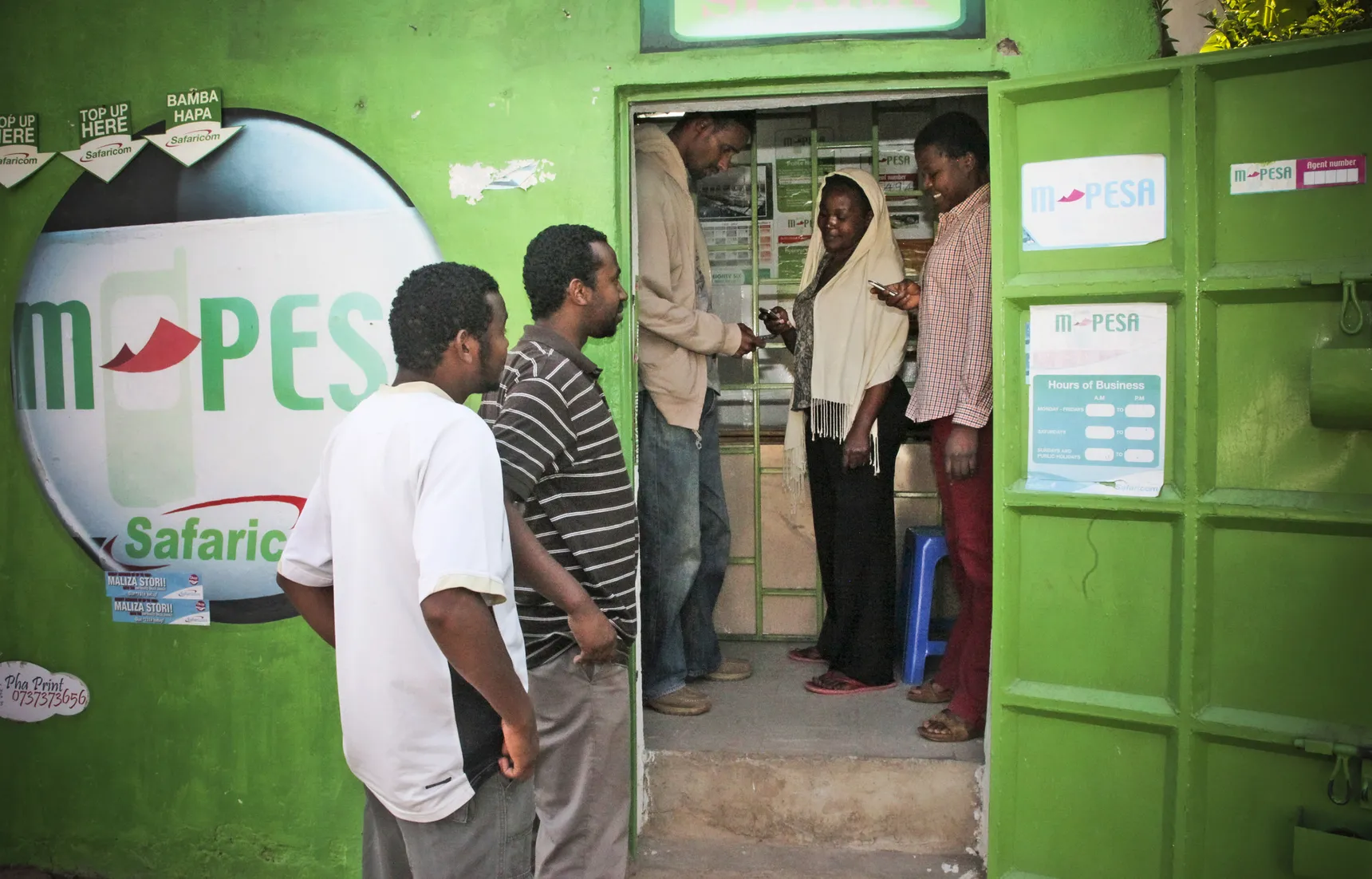In a world grappling with environmental challenges and a growing awareness of finite resources, sustainable business practices have emerged as a beacon of hope for a more responsible and prosperous future. Embracing sustainability is not merely a trend; it's a necessity. From reducing carbon footprints to embracing ethical supply chains, companies worldwide are redefining their operations to align with sustainable principles.
Sustainable Supply Chain Management
The journey toward sustainability often begins with the supply chain. Companies are now placing a premium on responsible sourcing and procurement practices. Eco-friendly materials, ethical supplier partnerships, and reduced transportation emissions are key focus areas. For example, companies like Patagonia are redefining the meaning of responsible supply chain management by embracing fair trade, organic materials, and full transparency in their operations.
Energy Efficiency in Manufacturing
The manufacturing sector is undergoing a green revolution of its own. From energy-efficient machinery to the integration of renewable energy sources, businesses are minimizing their carbon footprint while enhancing cost-efficiency. The iconic example is Tesla's Gigafactories, powered predominantly by solar and wind energy, reducing both emissions and operational costs.
Waste Reduction and Circular Economy
Waste is no longer something to be discarded but a valuable resource to be reclaimed. The circular economy is transforming the way companies view waste. By reusing, recycling, and upcycling materials, organisations are reducing waste and the demand for new resources. Companies like H&M are taking strides in this direction with their garment recycling initiative.
Green Transportation and Logistics
The transportation industry is shifting towards electric and alternative-fuel vehicles, reducing the environmental impact of the supply chain. Companies like Amazon are electrifying their delivery fleets, moving closer to achieving net-zero emissions in their last-mile logistics.
Sustainable Packaging and Distribution
Eco-friendly packaging materials and efficient distribution strategies are at the forefront of sustainable innovations. Companies are developing new, sustainable materials and designs, while reducing packaging waste. Amazon's "Frustration-Free Packaging" is a shining example of this effort, minimising unnecessary packaging and reducing environmental impact.
Sustainable Technology and Automation
Technology plays a pivotal role in optimising operations for sustainability. IoT sensors, artificial intelligence, and automation are helping companies minimise resource consumption, improve energy efficiency, and reduce waste. The Swedish fashion retailer, H&M, is utilising AI to optimise inventory levels, thus reducing overproduction.
Social Responsibility and Ethical Practices
Sustainability in operations isn't just about the environment; it also extends to social responsibility. Businesses are focusing on ethical labor practices, diversity, and inclusion. A prime example is Unilever, which actively promotes ethical sourcing and fair labor practices throughout its supply chain.
Metrics and Reporting for Sustainability
To track and communicate their sustainability efforts, businesses are utilising key performance indicators (KPIs) and transparent reporting. Certifications like B Corp, LEED, and ISO 14001 have become symbols of environmental and social responsibility. Companies like Patagonia proudly wear their B Corp certification as a badge of honour.
Sustainability isn't just about reducing your environmental impact; it's about fostering long-term value for your business and society as a whole. By planning ahead, adapting to changes, and championing innovative sustainable practices, companies can navigate the intricate landscape of sustainable operations and affect meaningful change.




